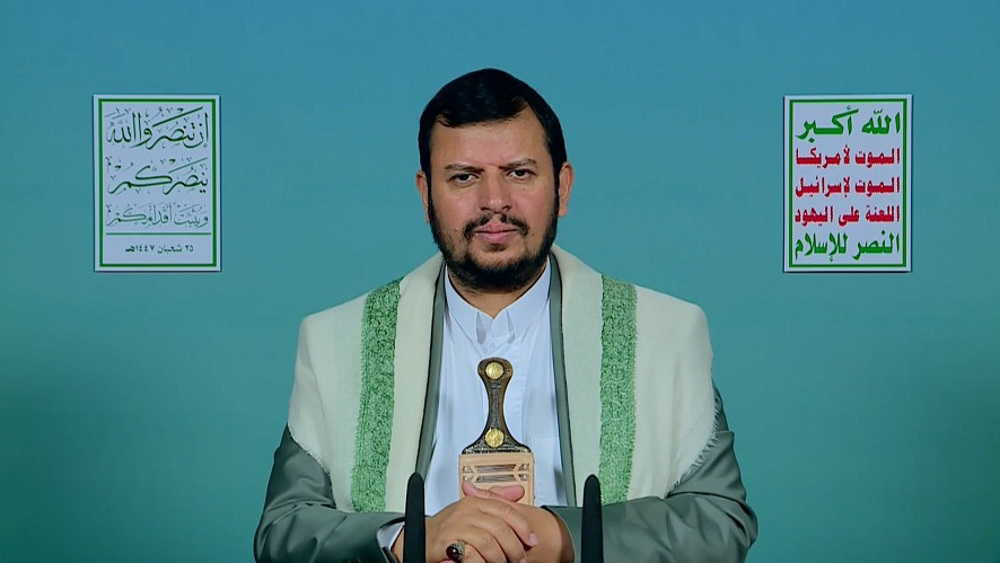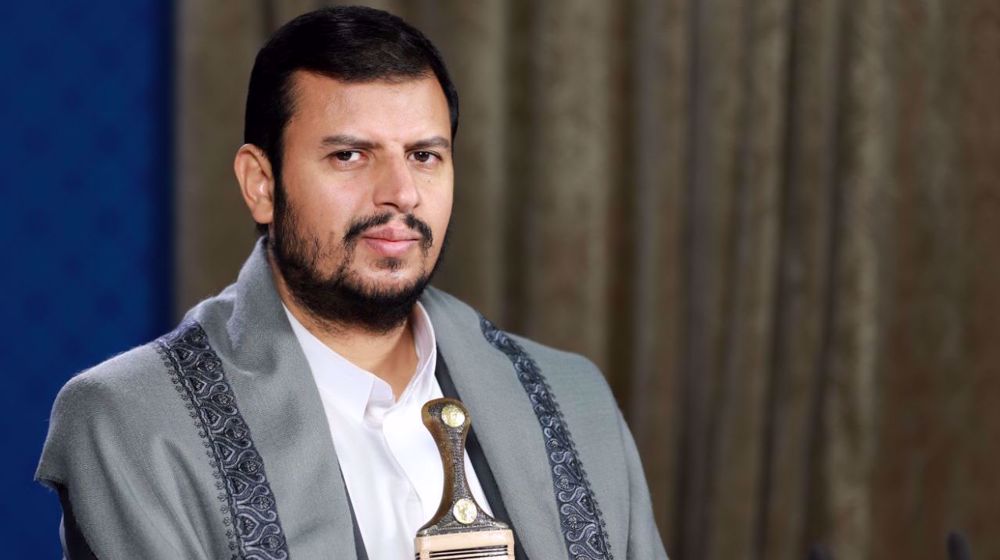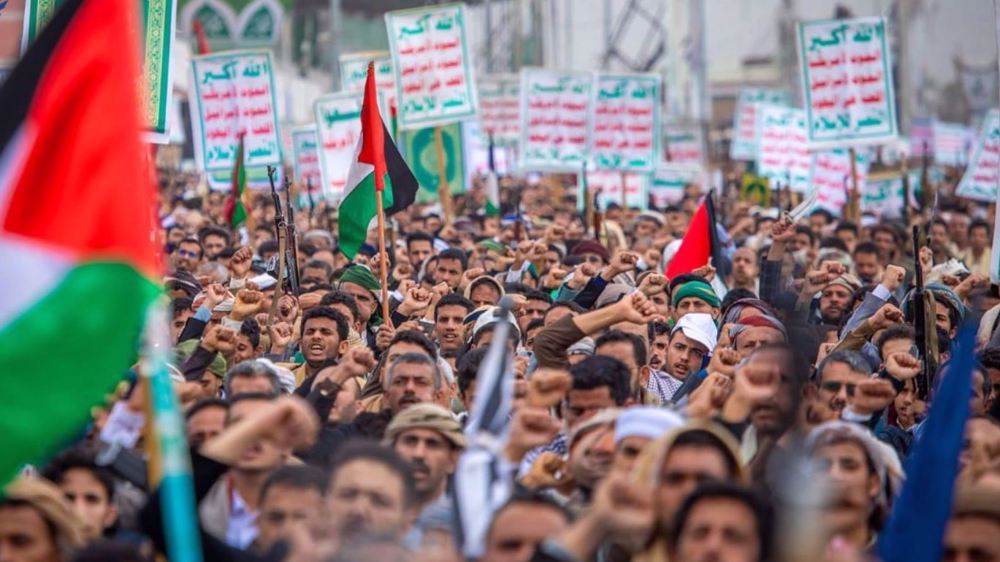Houthis vow to liberate southern Yemen on anniversary
A senior Houthi official says Yemen will liberate the country's south from the grip of separatists and aggressors led by Saudi Arabia and the United Arab Emirates.
Mahdi al-Mashat, the senior political leader of the popular resistance movement, made the remarks in a statement on the occasion of the 55th anniversary of the country’s independence from Britain.
He likened the situation in the area to the one that existed under the colonial era, urging its liberation, Yemen’s al-Masirah television network reported on Thursday.
Separatists in southern Yemen, backed by the United Arab Emirates, have called for secession of the restive port city of Aden and other southern provinces, controlled by officials of the country’s former Saudi Arabia-allied government.
The separatists want to revive the former South Yemen republic, which merged with the north in 1990. Aden, Yemen’s second largest city, used to be the capital of the once independent South Yemen.
The UAE has played a key role in a Saudi military campaign, which was launched in March 2015 with the aim of reinstalling the government of former president Abd Rabbuh Mansur Hadi.
Yemen has no effective government for now, and the state affairs are now being run by Ansarullah, which also defends the country against the aggressors.
Prior to the Saudi aggression, Hadi resigned and fled to Riyadh. The Saudi regime and its allies later managed to seize Aden from the Houthis and put it under the control of the ex-president’s officials.
Mashat said the Yemeni republic did not have any envoys at the United Nations, saying those alleging to be the country’s ambassadors at the UN were not representing Yemen.
However, the Houthi movement respects all efforts to resolve the country’s crisis, he added.
The official urged reconciliation based on mutual respect and demanded serious endeavors towards finding a clear and logical solution aimed at bringing different sides to the conflict back to the negotiating table.
The UN peace envoy Martin Griffiths has been trying to help re-launch the talks in Sweden. The negotiations have fallen apart on several occasions over the past years due to Saudi Arabia's constant violation of provisional ceasefires.
The Saudi war has killed thousands of people, while thousands others have died of the malnutrition resulting from a concomitant crisis.
Nilesat move against al-Masirah
Separately, Abdel Bari Atwan, the editor-in-chief of Rai al-Youm, a pan-Arab digital news and opinion website, took to Twitter, condemning Nilesat’s move on Wednesday to take al-Masirah TV off the air.
The Egyptian satellite company stopped broadcasting al-Masirah, accusing the Yemeni television channel of “sectarian programming,” according to Saudi state television Al Arabiya.
“Media empires, which spend billions of dollars, are afraid of a simple channel,” Atwan wrote.
Ibrahim al-Dailami, the director-general of the channel, told IRNA the company’s move signaled that the invaders were prepared to perpetrate more atrocities against the Yemeni nation.
Nilesat and Arabsat, he reminded, had previously targeted the Iran's Arabic-language channel Al Alam, Lebanese channels Al Mayadin and Al Manar, as well as such Yemeni channels as Saba, Yemen, Al Iman, and Al Sahat.
In 2003, Nilesat jammed broadcast of Al Alam and pulled off the plug on Al Manar in 2016.
“The enemies target independent and resistant media,” Dailami said, adding it was the ninth time al-Masirah had been taken off the air. Al-Masirah Mubasher, which broadcasts live, has also been pulled three times so far, he said.
Such moves, in addition to actions taken against the channel’s pages and accounts on social media platforms and messaging applications, “only increase our determination and sacrifices aimed at reflecting the Yemeni nation’s suffering and the heroism of the country’s fighters and soldiers better.”
VIDEO | 3,000 bodies of Palestinians ‘evaporated’ as Israel used banned weapons in Gaza
Iran says political pressure cannot undermine its ‘inalienable’ enrichment right
Former Trump adviser Bannon plotted with Epstein to 'take down' Pope Francis
China warns US against ‘plotting’ on Taiwan, says it risks confrontation
VIDEO | Zionist takeover of UK police
VIDEO | Trump-Netanyahu meeting
Iran’s shortest rail route between China and Europe
'Shameful': Hamas decries Western systemic campaign against UN expert Albanese











 This makes it easy to access the Press TV website
This makes it easy to access the Press TV website